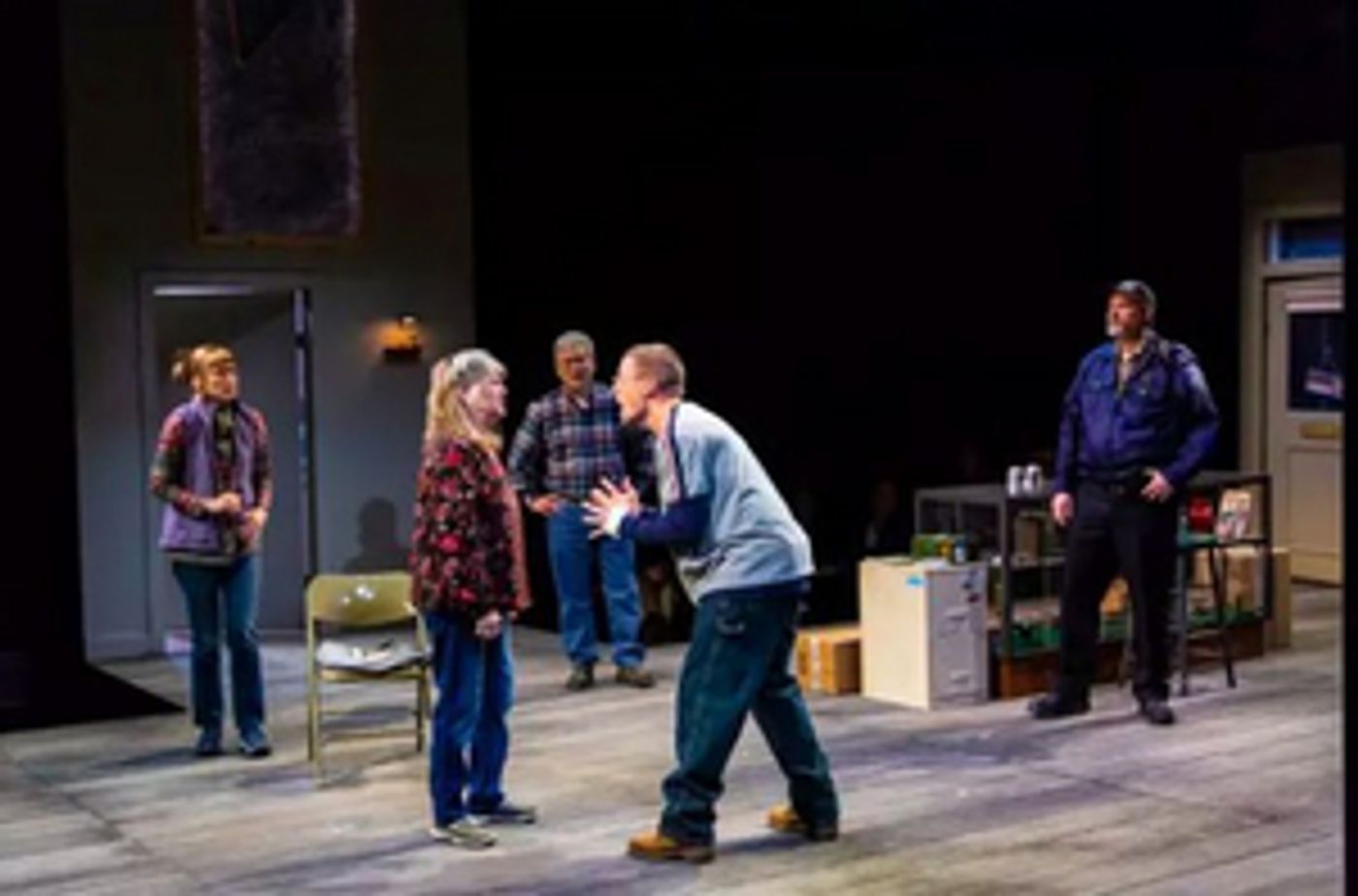Review Roundup: GREATER CLEMENTS at Lincoln Center Theater - Read the Reviews!

Lincoln Center Theater presents Greater Clements a New Play by Samuel D. Hunter at the Mitzi E. Newhouse Theater.
In Samuel D. Hunter's Greater Clements, the once-proud mining town of Clements, Idaho is rapidly disintegrating. As Maggie (to be played by Judith Ivey) prepares to close one of the town's last remaining businesses, a visitor (Ken Narasaki) arrives on her doorstep, resurrecting long-buried hope and shame rooted in her family's past and the town's history. Now, for the first time in nearly fifty years, Maggie is forced to consider if the life she envisioned for herself at seventeen might still be possible today.
Let's see what the critics are saying...
Jesse Green, The New York TImes: Not that these themes are unimportant or unfit for dramatization. But the attempt to stuff them all into one play, even a long one, overstrains the story. (Two major plot points in the third act - one involving an overheard conversation and one a broken phone - are not only emotionally unconvincing but mechanical in ways Hunter almost always abjures.) In that sense, perhaps "Greater Clements" isn't too long but too short: It might be better off as a mini-series, where its net of ideas could unwind more naturally. As a play, though, it's like that mine elevator: creaky and skeletal but with intermittent access to wonderful things. If you are looking to cry, as I always am, "Greater Clements" will give you more than one reason to do so.
Michael Dale, BroadwayWorld: Under Davis McCallum's direction, Ivey and Donovan both give extraordinarily gripping performances, with Maggie continually fighting her urges for her own happiness in order to take care of Joe and Joe recognizing the burden he has become on his mother. The final scene of the three-act play, which introduces a largely symbolic character played by Kate MacCluggage, may seem superfluous, especially since the scene that precedes it nails down the point with a heartbreaking clout, but nevertheless, Greater Clements is an extremely moving drama with two outstanding central performances.
David Rooney, The Hollywood Reporter: The piercing sense of place that Samuel D. Hunter brings to his work, the majority of it set in his home state of Idaho, has perhaps never been accompanied by such plangent notes of sorrow as in his new play, Greater Clements. Anchored by wrenching performances from stage veteran Judith Ivey and phenomenally talented relative newcomer Edmund Donovan, this elegy for people and communities dissolving into a landscape first ravaged and then abandoned by industry eschews political commentary in favor of deeply felt empathy. It's a bleak but harrowingly beautiful drama that builds to a devastating impact, even with an imperfect third act.
Robert Hofler, The Wrap: Under Davis McCallum's direction, Ivey and Donovan take very different approaches (hers subtle, his grand) to deliver their very different characters. McCallum's direction, however, can't compensate for the weaker writing that doesn't bring to life the other characters. Billy is impossibly perfect, and Kel is a snarky teenage character that the playwright lifted from his earlier plays "Pocatello" and "The Whale." The neighbor and the cop register as little more than devices to tell the story, and rather irritating devices at that. The world premiere production of "Greater Clements" is marred by Dane Laffrey's awkward set. A large bedroom lowers and ascends to replicate the elevator in a mine shaft, enhanced by Fitz Patton's clanging sound design. To make the set function, five poles are needed, and each of them obstructs the audience's view of what's going on. I watched one of those poles as, more than once, an actor hidden behind it delivered his or her big speech.
Adam Feldman, TimeOut: Under the sensitive direction of frequent Hunter collaborator Davis McCullum, the supporting cast helps keep the tone varied: Nina Hellman as Maggie's chatterbox friend, Andrew Garman as a concerned local cop, Haley Sakamoto as Billy's disaffected teenage granddaughter. You can't always see them-Dane Laffrey's complicated set creates sightline obstructions no matter where you're seated-but you can feel them. The people in this play mean well, and your heart leaps out to them even at the risk of being crushed. With painful honesty, Hunter shows us a part of America from which we might rather avert our gaze: a town with no prospects, inhabited by the tired custodians of histories and families that have reached the end of the line.
A.D. Amorosi, Variety: At times Hunter's text comes across like Sam Shephard without the cowboy-punk poetry. There's a cool predictability to the build-up of hope and the oncoming slap of tragedy, when it could have felt hotter and more treacherously claustrophobic than a mine shaft. But Hunter knows how to grapple with the oppressive and the oppressed, and his asides on the shame of Japanese-American internment and the mishandling of the mentally ill is ripe for thought. Ultimately, however, Hunter doesn't always keep the pressure on, and his language meanders.
Howard Miller, Talkin' Broadway: Toward the end, the play takes an ambiguous and puzzling turn that either can be viewed as an inexplicable false step or as a manifestation of Maggie's disintegrating mind. Bad things do happen to good people, the playwright seems to be saying, and we all have our breaking point. Samuel D. Hunter and his longtime collaborator, director Davis McCallum, cannot entirely prevent Greater Clements from slipping into melodrama, but as the beleaguered mother and son, Judith Ivey and Edmund Donovan are anchored in veracity.
- To read more reviews, click here!
- Discuss the show on the BroadwayWorld Forum
Reader Reviews
Powered by
|
Videos

